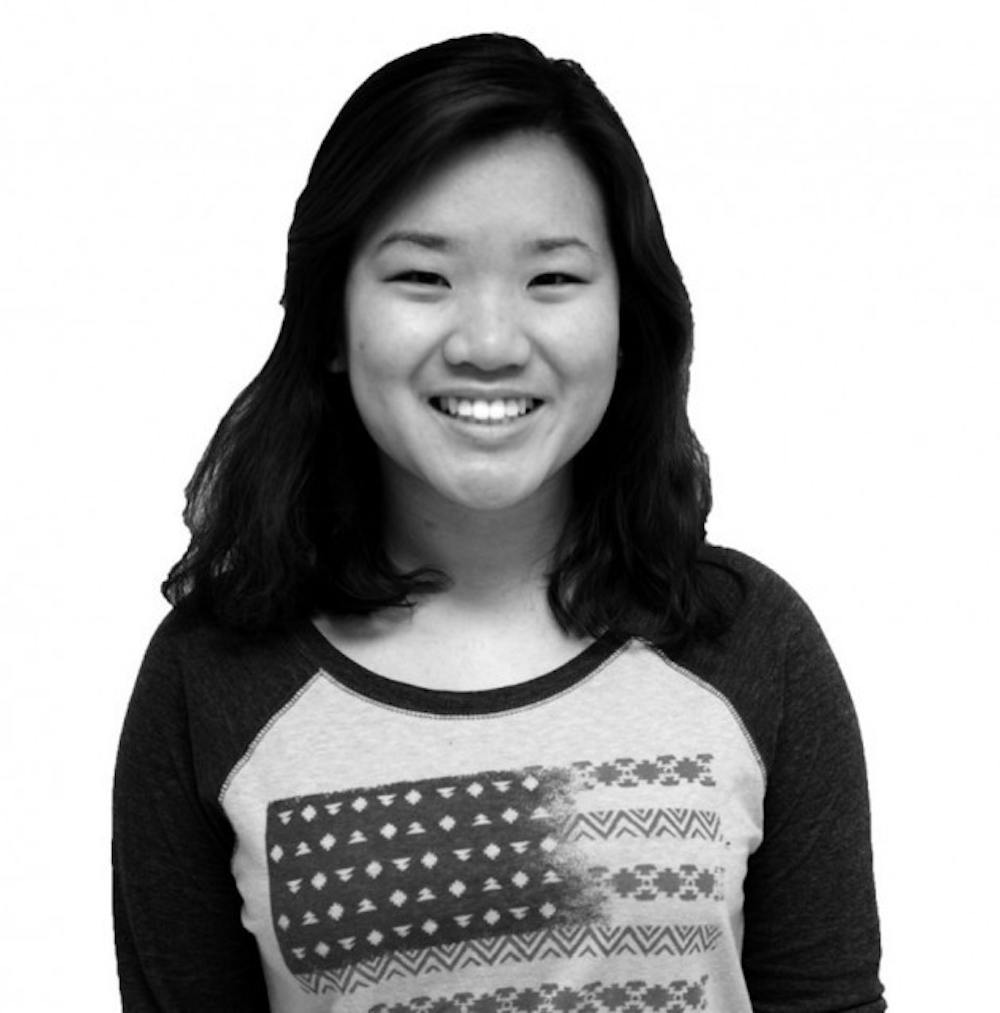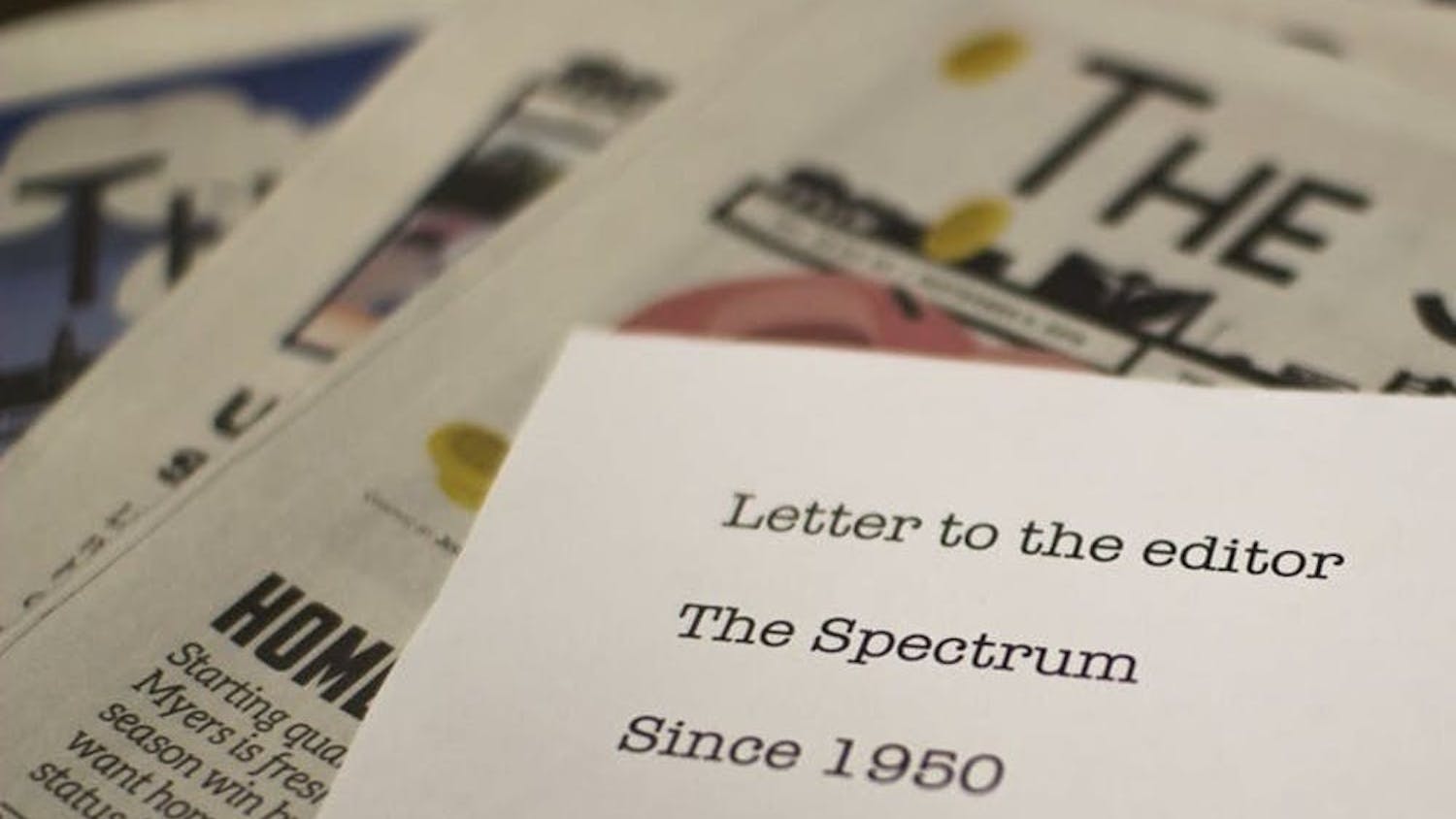I woke up Sunday morning to find out the place I had called home for the majority of my childhood was in complete chaos.
News of the protest in Hong Kong took over varying news distribution channels, from CNN to The New York Times – and Buzzfeed for those eager 20-something year-olds trying to stay in touch with current news.
My relatives in Hong Kong were switching their Facebook profiles to photos of a yellow ribbon, representing a wish for universal suffrage by pro-democracy groups in Hong Kong. Even my friends in the United States with Hong Kong heritage were doing the same.
Statuses and posts discussing the issue surfaced on my newsfeed and I felt a sense of gratification run through me.
Yes, college students were being assaulted with pepper spray and tear gas.
Yes, the police was physically attacking residents.
And yes, my own distant relatives could be the ones struggling in those crowds.
Yet, I was proud of these protestors for bringing light to the issue.
After 156 years under British colonialism, Hong Kong was returned to China on July 1, 1997. Hong Kong was able to grow under British rule, which allowed freedom of press, speech, assembly and religion – opposed to China’s authoritarian styles.
Since the protests, Instagram has been banned in China so images of the riot can’t be viewed. Words like “Hong Kong Police” and “Hong Kong tear gas” are blocked on Weibo, China’s censored version of Twitter.
Before “the Handover” took place, China promised Hong Kong a “high degree of autonomy” for 50 years after the return.
This would allow Hong Kong decades more of self-government, including its own power to elect governing officials. China promised Hong Kong its 2017 Chief Executive election would be free of Chinese interference.
China, however, broke this promise by announcing on Aug. 31 its own electoral committee would select the candidates – disregarding the idea of universal suffrage.
For a long time, I noticed only small protests trying to make a difference.
While I was at home, I would watch the Hong Kong news during dinner with my parents. I only saw measly bunches of college students hold up signs and talk about what needs to change through megaphones and microphones.
These residents of Hong Kong, which includes a large part of my family, had numerous dissatisfactions with China’s interferences, but I witnessed the majority of the population passively accept it.
Circumstances could be less vicious but finally something is happening – people are voicing their apprehensions and the issue is catching international attention.
Joseph Cheng, a professor of political science at the City University of Hong Kong, said the once “exceptional” city is on the path of becoming fully under China’s control and nothing can change this, according to The New York Times.
But I believe good will come out of this and China’s authority in Hong Kong will weaken, starting with this protest.
As pro-democracy protesters fill the streets, manning umbrellas – which have become a symbol for the cause as protectant against sun, rain and pepper spray – I’m filled with a sense of hope.
I am, however, familiar with China’s politics and free will to do whatever necessary to protect its government and image. Because of this, Hong Kong’s protestors are in danger of falling to a similar demise as those who were Tiananmen Square during the massacre of 1989.
If officials in China feel threatened enough, they could take action to put it all to an end – and deny everything, like it has in the past.
“If the Hong Kong police cannot disperse the crowd, there is the possibility of the [People’s Liberation Army] getting into the action,” Willy Lam, an expert on Chinese politics at the Chinese University of Hong Kong, told the Los Angeles Times.
My only hope now is in a city where I rode minibuses to some of my favorite “cha chaan tengs,” where my relatives and I played mahjong during “typhoon gatherings” and where my parents were born and raised, tragedies similar to those in China in 1989 will not occur again.
email: giselle.lam@ubspectrum.com





